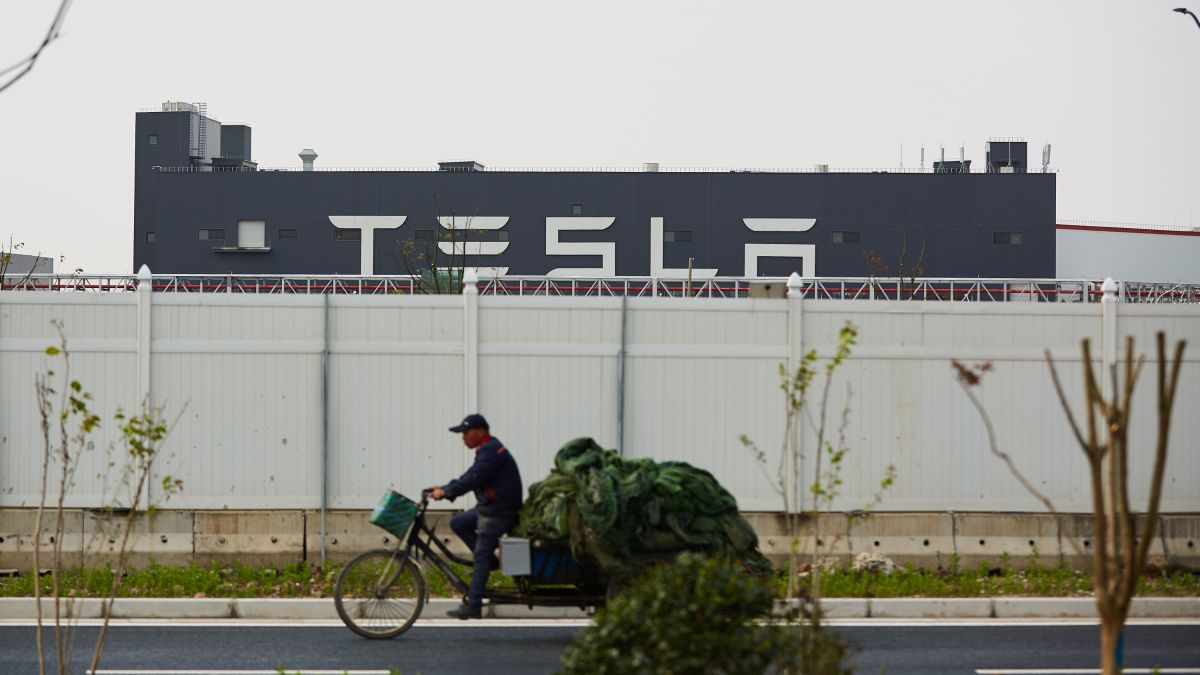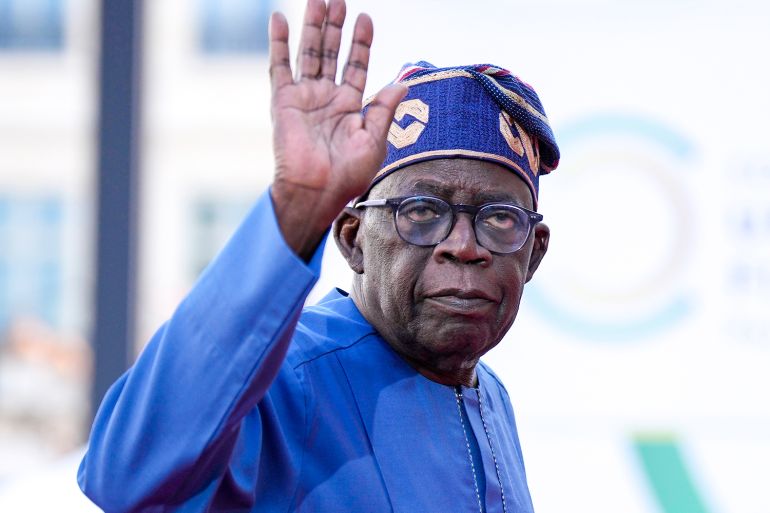American technology behemoths and the Chinese government has never been known to have a smooth relationship from time. We recently discussed how Apple is in a pickle as it attempts to dominate the world’s largest smartphone market, China. The IT titan must strike a balance between satisfying Beijing and Western lawmakers, who frequently differ on data legislation and censorship.
Now that Tesla is fast becoming a key player in the Chinese electric vehicle market, it faces a similar problem. A recent broad modification to Beijing’s anti-espionage legislation is also prompting international corporations to reconsider the risks of doing business in a country that has made national security a primary priority.
For decades now foreign automakers have operated in China, but internet-connected vehicles have introduced a plethora of new data compliance obligations that traditional manufacturers didn’t have to face or worry about. In the country, Tesla has already faced data security pushback.
Local media claimed over the weekend that an airport in a southern city with a million people had banned Tesla automobiles from parking owing to “confidentiality concerns,” however drop-offs and pick-ups are still permitted. According to an airport employee, “Many places have a similar rule.”
Also, see: China’s draft measures demand ‘individual consent’ for facial recognition use
The policy is said to be a reaction to Tesla’s “sentry mode.” The technology, which detects suspicious activity using a car’s external cameras when the vehicle is left unattended, is intended to prevent break-ins and thefts. Moreover, despite identical features in other domestic EV manufacturers, Tesla’s foreign identity definitely leads to higher trust concerns.
In reaction to the media attention, Tesla noted in a Weibo post that data collected by Sentry Mode is only stored offline on the USB device inside the car, and that “neither the owner nor Tesla” can remotely access the vehicle’s surroundings online, unlike some other companies.
This isn’t the first time Tesla vehicles have been banned from public places. Reuters reported in May 2021 that several government compounds in China had prohibited Tesla automobiles from entering.
Also, see: Tesla CFO, ‘Master of Coin’ Zachary Kirkhorn steps down
Tesla also informs the public in its Weibo post that it has long established a data localization center in accordance with China’s car data protection rules, which were implemented in 2021. The policy, which aims to “protect drivers’ privacy and safeguard national security,” requires “vital data” to be retained in China if it “involves such things as China’s military, government, traffic, and logistics information, as well as electric vehicles‘ charging networks.” Visual information regarding the surroundings of an airport appears to easily fall into one of these categories.
Apple is one of the few remaining American tech behemoths with a strong presence in China. It, like Tesla, confronts data privacy difficulties in the country, but its challenge is exacerbated by its massive app store, which necessitates careful and timely control to ensure app developers follow China’s complex internet regulations.
When Tesla activates Full Self-Driving for Chinese consumers, it will confront a new data isolation challenge. For months, it has been speculated that the sophisticated driving capability will be accessible in China in 2023. The situation is comparable to that of TikTok in the United States: How can a corporation effectively train AI using international user data if it is forbidden from exporting that data to its home country on the one hand, and is undoubtedly hesitant to entrust its secret algorithms to foreign workers on the other?
However, there might be a solution according to a Twitter user:
When FSD finally arrives in China, we’ll see if such a solution or other techniques are technically viable. Aside from privacy concerns, Tesla will need “at least 12 months” to localize FSD for China’s difficult road conditions, according to Xpeng, the former AI director of Tesla’s Chinese rival. In the world’s largest EV market, FSD has a long way to go.
















